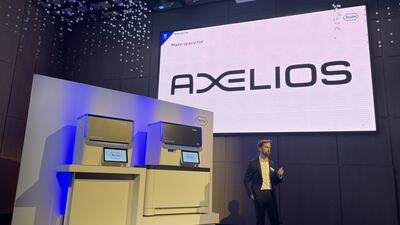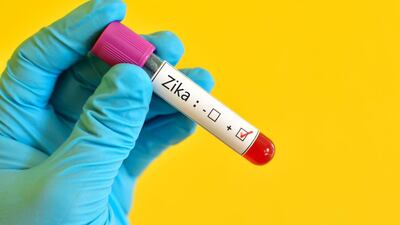Boston Scientific is talking to Shockwave Medical about a possible acquisition deal, Bloombergreported on 21 April, citing “people with knowledge of the matter.”
Shockwave would be a natural fit for Boston Scientific, which has traditionally been a leader in interventional cardiology. Shockwave markets intravascular lithotripsy technology to treat calcified vascular disease and recently...
Read the full article – start your free trial today!
Join thousands of industry professionals who rely on Medtech Insight for daily insights
- Start your 7-day free trial
- Explore trusted news, analysis, and insights
- Access comprehensive global coverage
- Enjoy instant access – no credit card required
Already a subscriber?






